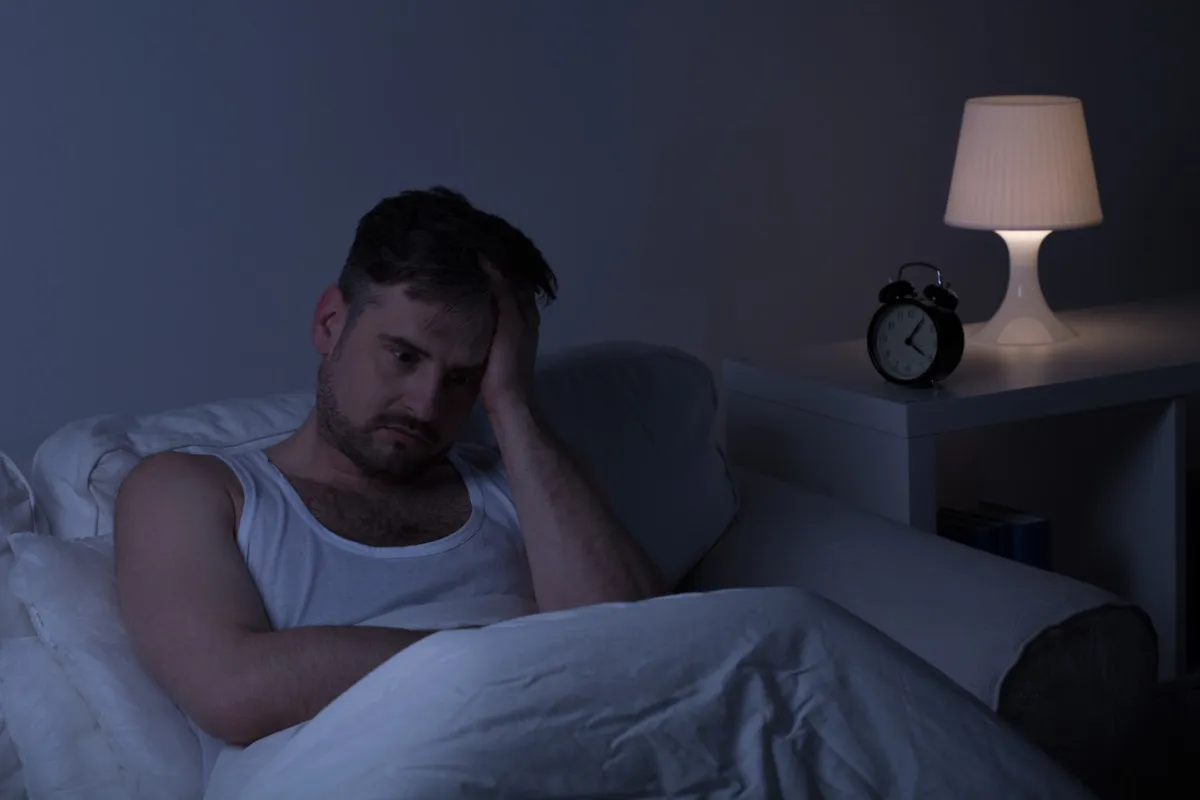According to a recent study by the American Psychological Association, workers who attract artificial intelligence are likely to endure loneliness and it can harm their sleep patterns. The Association researchers conducted experiments in four different countries, Malaysia, Indonesia, the U.S., and Taiwan, that was published in the Journal of Applied Psychology.
Pok Man Tang, Ph.D., the researcher that lead the experiment worked in a bank where he often used AI systems, which led him in researching the timely issue.
Tang, an assistant professor of management at the University of Georgia, said that the quick progress in AI systems is sparking a new industrial revolution that is modifying the workplace with many advantages but also some unknown risks, including potentially harmful mental and physical consequences for workers.
In a study, the researcher discover that participants with more heightened levels of attachment anxiety reacted more deeply to working on AI systems with both positive reactions, such as supporting others, and negative reactions, such as sleeplessness and loneliness.
In one of the four experiments, 166 workers at Taiwan’s biomedical firm who used AI systems were studied for more than a couple of weeks about their feeling, and attachments.
Their fellow workers rated participants on their supportive behaviors, and family members rated on sleeplessness and drinking consumption after work. Participants that used the AI system often were likely to encounter loneliness, sleeplessness, and consumption of alcohol after work while some showed helping behaviors.
While in another experiment, in an Indonesian property management company, 126 real estate consultants takes part in an experiment, but this time half were advised to not use AI, while the others were to use the AI system for three days.
The outcomes were similar to the previous experiment, but there was no tie between the frequency of AI usage and after-work drink consumption. While the U.S. and Malaysia’s findings were similar
The findings of experiments didn’t prove that AI causes loneliness, just that there is an association between them.
Employers also could restrict the frequency of work with AI systems and offer prospects for workers to associate. Team decision-making and other tasks where social connections are important could be done by people, while AI systems could focus more on repetitive tasks, Tang added.




